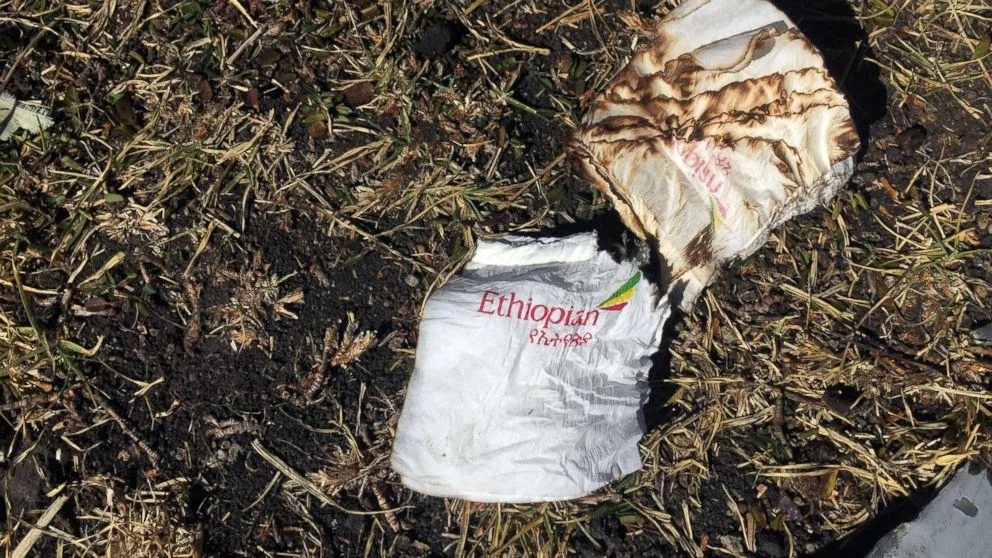Boeing is getting desperate
/s was evident from the start, there is no soft landing ahead for Boeing’s 737-MAX. The planes remain grounded, at a cost already of a billion dollars—a cost which escalates every day.
Which begs the question: from a public perception standpoint, could the manufacturer be making things even worse?
(1) The Bird. Citing unnamed aviation authorities, the Wall Street Journal reported that a bird may have caused the Ethiopian crash—not by being sucked into a giant engine…but by incredibly colliding with the small sensor that malfunctioned. This is a scenario that investigators had already studied and rejected. Nevertheless, Boeing stock jumped more than a percentage point on the kamikaze bird theory. And without question, this is a company that could use a parachute in the markets…
(2) The Bear. Boeing’s stock is off nearly 20% from its 2019 high. In the first quarter, earnings per share dropped 13%--even though the second crash and subequent scrutiny did not occur until just three weeks were left in that quarter. The current quarter will be much, much worse. Which has investors…especially the large institutional ones…very concerned. And these are people of action.
(3) The Red Herring. One such institution hired two pilots to state that the real cause of the crash was probably pilot error. This was helpfully parroted by Republican Congressman Sam Graves, who said in a public hearing that he had, “…concerns about quality training standards in other countries.” Thus, the political dog whistle was sounded: in neither crash were the pilots either Americans or Caucasians. The larger pilot community reacted ferociously, warning against blaming “dead pilots.” What Graves apparently did not know is that Ethiopian Airlines owns and operates a full 737-MAX flight simulator for its pilots—a claim that cannot be matched by any U.S. carrier. However, to be fair, that simulator was not equipped by Boeing to instruct pilots for the kind of malfunction that downed Flight 302 and killed 157 people.
--
The flood of lawsuits stemming from these two crashes has yet to begin. When it does, the potential liability will create a tsunami--reaching untold billions, and overwhelming investors large and small.
Which means Boeing needs to find an out. And right now, bad birds and bad pilots seem to be their only defense.
Have a comment or thought on this? Just hit the Your Turn tab here or email us at mailbox@cascadereview.net to have your say.



